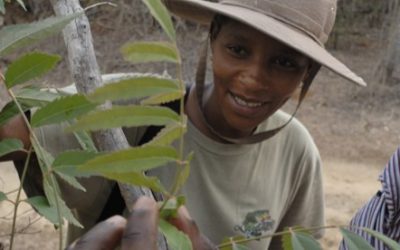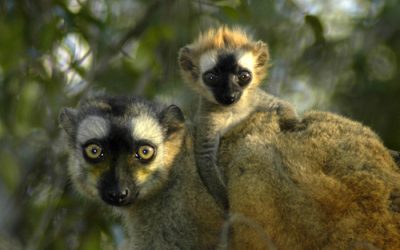Imperial Eagle expansion in Spain; viper distribution in Albania; how stray dogs and humans are changing the behaviour of wild mammals in Bulgaria… just some of the conservation issues being discussed in Hungary as the popular Student Conference in Conservation Science (SCCS) series made a new foothold in Eastern Europe.
Young conservation scientists from nine nationalities gathered in glorious September sunshine in Tihany on the shores of Lake Balaton for four days of presentations and workshops under the banner: Connecting Eastern and Western Europe in Conservation Biology.
The SCCS series — which was founded in Cambridge in 1999, and is co-organised by the TBA — is the only international series of conservation conferences aimed entirely at students. It is all about helping young conservation scientists to gain experience, learn new ideas and make contacts; all valuable for their future careers.
In the past 16 years, SCCS Cambridge has hosted 2,600 delegates from 126 countries. Its success has led to it being oversubscribed, prompting sister conferences to be hosted in Australia, Beijing, Bangalore and New York. Hungary is the latest country to join the series, increasing access for students from Eastern Europe.
In line with the SCCS model, the majority of talks and poster presentations in Tihany were given by students, with plenary sessions from experienced conservation scientists kicking off each day. These were led by Julia Marton Lefevre, who has just stepped down after eight years as Director General of IUCN. Her message? How young conservationists can influence policy, and advice for more effective communication with government and civil society.
The other keynote speakers were Professor Bill Sutherland, Miriam Rothschild Professor in Conservation Biology at the University of Cambridge; Dr Ference Jordan, visiting professor at the University of Antofagasta, Chile; and Dr Tibor Hartel, associate professor of ecology at Sapientia Hungarian University of Transylvania. TBA Director, Rosie Trevelyan, ran a workshop on fundraising, and chaired the final discussion session.
Excellent talks, pertinent advice and valuable contacts — plus local wine tasting and lake swimming for those brave enough; the first SCCS Hungary has made its mark.




